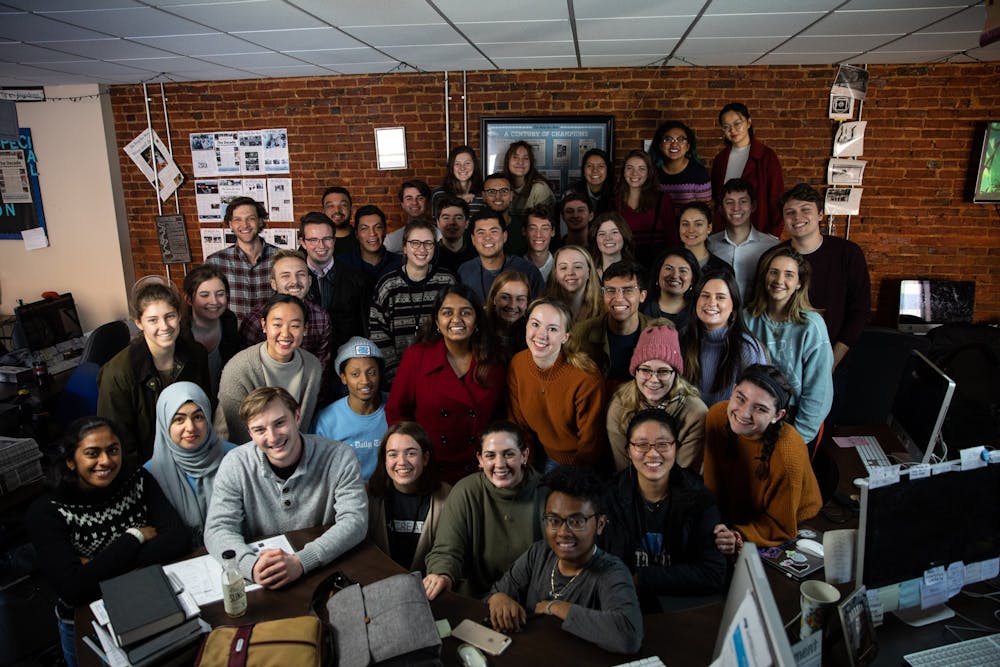The Daily Tar Heel will celebrate its 127th birthday on Feb. 23 and reflect on its eventful history as one of the oldest student newspapers in the country.
The celebration will include panels and a dinner party featuring keynote speaker Rochelle Riley, a DTH alumna and the current director of arts and culture for the city of Detroit. Riley said the longevity of the DTH strengthened her dedication to the paper as a reporter.
"Knowing that it had been around for a century was a huge deal for me," she said. "Working for the campus daily and knowing that there were 20,000 people who might see what I was doing was just heavy stuff."
The DTH began in 1893 as a four-page weekly tabloid, then called the Tar Heel, founded by the Athletic Association. It had a seven-member editorial team and was financed by student subscriptions.
In 1920, editor-in-chief Thomas Wolfe announced the paper would be published twice a week. The DTH then changed its affiliation in 1923, when the Student Publications Union Board began to oversee it. The paper became financed by a $5.50 publications fee charged to all students.
The Tar Heel became The Daily Tar Heel in 1929, and the paper was published six days a week until the early 1940s, when it returned to publishing twice a week. The number of papers issued per week continued to fluctuate. Now, the paper publishes three weekly print issues and online stories five days a week.
Throughout the 1970s, the DTH engaged in a long court battle with campus politicians who had attempted to control the content of the paper by threatening its financial stability — eventually leading to the DTH gaining financial independence in 1993.
The DTH became one of the first newspapers to be published on the internet in 1994 and is now one of the largest college daily newspapers in the United States.
Emily Siegmund, co-editor-in-chief of the DTH, spoke about the ways the paper has changed over time.




